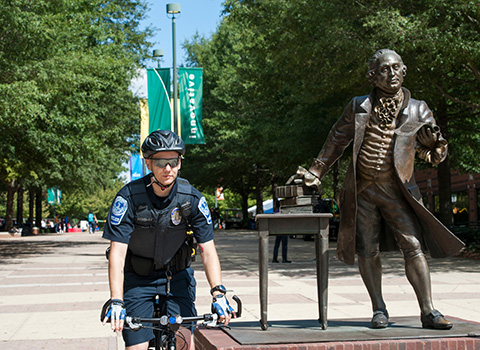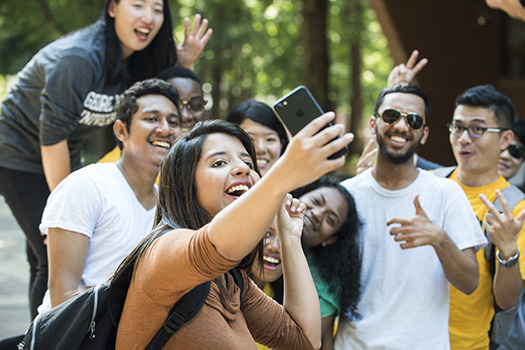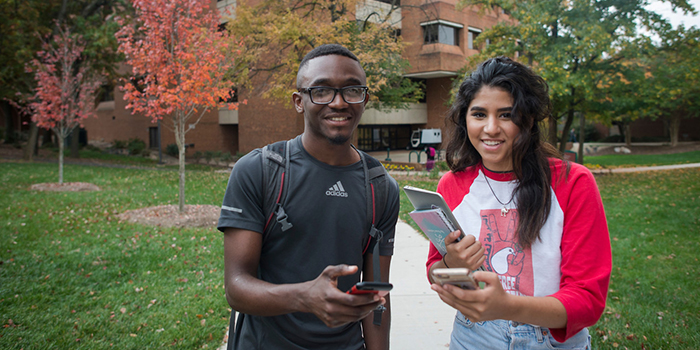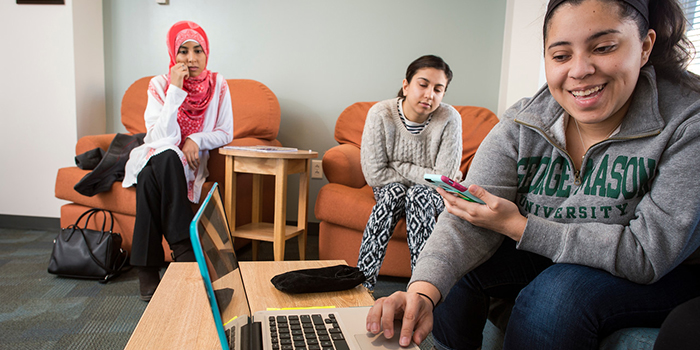
The Environmental Health and Safety Office (EHS) is committed to providing resources and programs relevant for George Mason University faculty, staff, students and families. Toward this effort, we collaborate with the university community in order to sustain a healthful and safe working and learning environment.
Emergencies strike with little to no notice, so don’t hesitate – take a moment right now to get yourself Mason Ready. We’ve made it easy for you to find the resources you need to prepare yourself for emergency situations that may arise on campus. Our ready.gmu.edu website provides resource pages designed to address the needs of specific audiences and their preparedness needs.
We have also prepared a page dedicated to emergency preparedness resources for your student and you, and encourage you to share this information with your Mason scholar. As part of the university community, we have an obligation to protect the privacy of your student in addition to all members of the university community, and we encourage you to be in conversation with your student about their safety and preparedness.
The university maintains an emergency notification system that is used to send emergency messages to the university community via text message, email, and telephone calls. We encourage you to have your student register their cell phone information by visiting alert.gmu.edu.
Parents and families are able to receive emergency notifications via their student’s account. Talk with your student about registering your email address and phone numbers in their student account to ensure you receive the information, while they continue to be a student at the university.
New for fall 2017, the university is launching a new mobile campus safety application “Rave Guardian.” Rave Guardian enhances student preparedness and safety by allowing students to create a network of friends, family and campus safety professionals. The mobile application allows students to submit anonymous, two-way crime reporting through text and picture messaging. The application is available to all students with a university email address for free through the iTunes app store or the Google Play Store.
We encourage all family members to talk with their student about safety on campus and personal preparedness. For more information on resources provided to students and families, visit ready.gmu.edu or contact the Environmental Health and Safety Office at (703) 993-8448.
Zachary Pope
Director, University Life Safety and Emergency Management
Environmental Health and Safety



